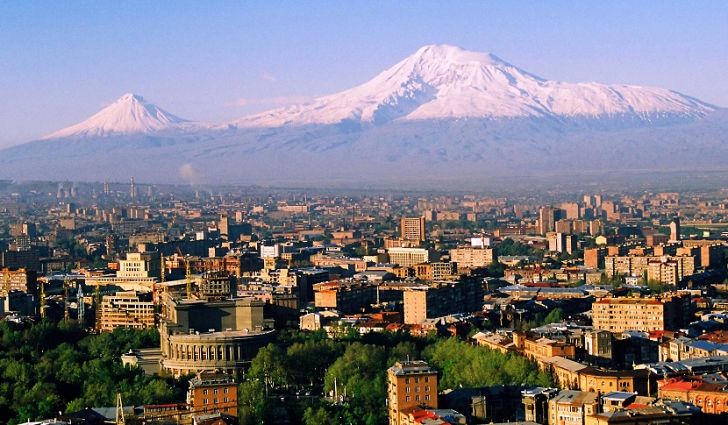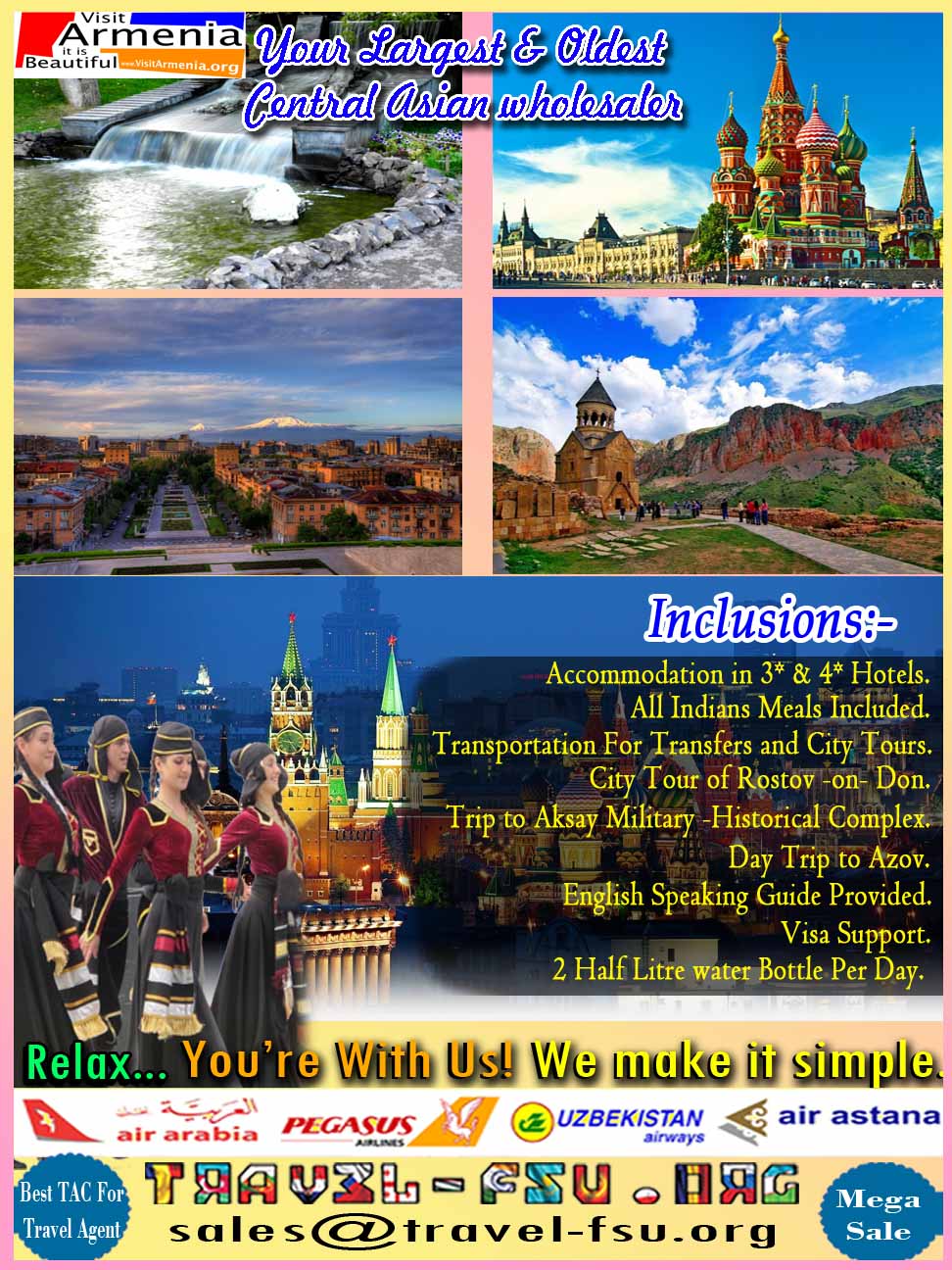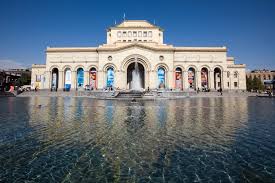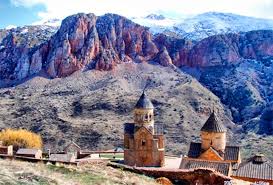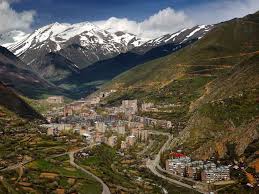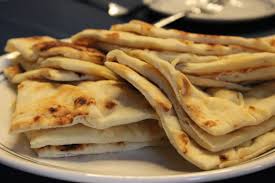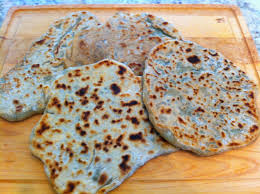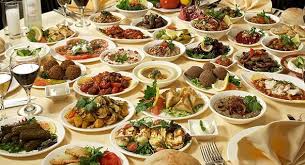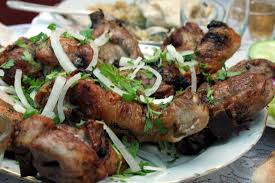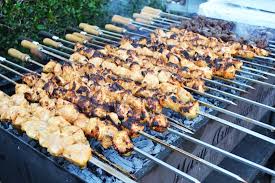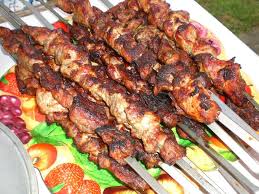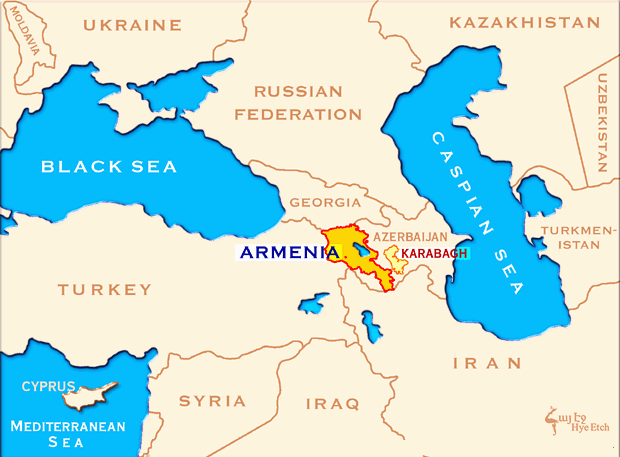The nation of Armenia has a long and difficult history. Surrounded by Iran, Turkey, and Azerbaijan, a majority of Armenians today live in the diaspora, as they were forced to leave after the ruthless Armenian genocide of 1915. Today Armenians across the world only cherish their sense of nationhood through stories and pictures, yet modern Armenia has a lot to offer. The Armenian diaspora today feels a sense of injustice that sprouts from the fact that the world has by and large forgotten its perils. As a traveller, it is ones duty to understand the culture and history of a nation to plunge into its travel experiences. It is only those places that are further away from popular imagination that requires a travellers attention. So for those who are ready to reach out to places forgotten by history, here is a guide to Armenias best places to visit.
For More Inof. Visit Us :
www.armenia4u.com
Geography
Armenia is a unitary, multi-party, democratic nation-state with an ancient cultural heritage. The Satrapy of Armenia was established in the 6th century BC, after the fall of Urartu. In the first century BC the Kingdom of Armenia reached its height under Tigranes the Great. Armenia became the first state in the world to adopt Christianity as its official religion, in between late 3rd to early years of the 4th century (the official date is 301 AD), becoming the first Christian nation." An Armenian principality and later a kingdom, known as Cilician Armenia, existed on the coast of the Mediterranean Sea between the 11th and 14th centuries.
Between the 16th and early 19th century, the traditional Armenian homeland composed of Eastern Armenia and Western Armenia came under rule of the rivalingOttoman and Persian Empires, passing between the two over the centuries. By the mid 19th century, Eastern Armenia had been conquered by Russia, while most of the western parts of the traditional Armenian homeland still remained under Ottoman rule. During World War I, the Armenians living in their ancestral lands in the Ottoman Empire were systematically exterminated in the Armenian Genocide. After almost 600 years of statelessness, Armenia achieved Independence in 1918; however, the First Republic of Armenia, surrounded by hostile countries, was Sovietized in 1920. Between 1922 and 1991, Armenia was part of the Soviet Union. The modern Republic of Armenia became independent in 1991.
The Republic of Armenia recognizes the Armenian Apostolic Church, the worlds oldest national church, as the countrys primary religious establishment.Armenians have their own unique alphabet, which was invented by Mesrop Mashtots in 405 AD.
Population
Population: 2000/3,076,000 - 2050/3,018,000 (139 nation in 2050 population)
Christian 94.4%, 8.7%
Fertility Rate: 2000/1.72 - 2050/1.85
Median Age: 2000/30.3 - 2050/43
Transport
Railway: 825 km (513 mi) in common carrier service; does not include industrial lines.825 km of 1,520 mm (4 ft 11 27⁄32 in) gauge (825 km electrified) (1995) There is no service south of Yerevan.City with metro system: Yerevan.
Highway: As of the end of 2010, nearly 450,000 automobiles were registered in Armenia.
Airport: 11 (2008) Only Yerevans Zvartnots International Airport and Gyumris Shirak Airport are in use for commercial aviation.country comparison to the world: 154.
Greetings
|
English |
Արևելահայերեն |
|
Բարի գալուստ! (Bari galust) |
|
|
բարև(Barev) inf |
|
|
Hello (on phone) |
ալլո (Alló) |
|
Ո՞նց ես (Vonts es?) inf |
|
|
Reply to How are you? |
Լավ, մերսի: Դո՞ւ: |
|
Անունդ ի՞նչ է: |
|
|
Անունս ... է: |
|
|
Որտեղի՞ց ես: |
|
|
Ես ...ից եմ: (Yes …-ic em) |
|
|
Շատ հաճելի է: |
|
|
Բարի լույս: (Bari luys) |
|
|
Բարի օր: (Bari or) - rarely used |
|
|
Բարի երեկո: (Bari yereko) |
|
|
Բարի գիշեր: (Bari gisher) |
|
|
Ցտեսություն (Ts.tesutyun) |
|
|
Յաջողութիւն: (Hachoghootyoon) |
|
|
Կենացդ (Kenaced) - rarely used |
|
|
Բարի ախորժակ: (Bari akh.orzh.ak) |
|
|
Ես հասկանում եմ: |
|
|
Չեմ հասկանում: |
|
|
Խնդրում եմ, դանդաղ խոսեք: |
|
|
Չէի՞ք գրի դա: (Cheik gri da?) |
|
|
Do you speak Armenian? |
Հայերեն խոսո՞ւմ եք: |
|
Yes, a little |
Այո, մի փոքր: (Ayo, mi pokker) |
|
How do you say ... in Armenian? |
|
|
Ներողություն: (Nerogh.utyun) |
|
|
Ներողություն: (Nerogh.utyun) |
|
|
Ի՞նչ արժե: |
|
|
Խնդրեմ (khentrem) |
|
|
մերսի (Mersi) |
|
|
Reply to thank you |
խնդրեմ (Khndrem) |
|
Որտե՞ղ է զուգարանը: |
|
|
Կպարեի՞ք ինձ հետ: |
|
|
Սիրում եմ քեզ: (Sirum em kez) |
|
|
Լավացիր: (Lavacir) |
|
|
Հեռացիր ինձանից: |
|
|
Ոստիկան կանչեք: |
|
|
Շնորհավոր Ամանոր և Սուրբ Ծնունդ |
|
|
Քրիստոս յառեաւ ի մեռելոց |
|
|
Ծնունդդ շնորհավոր |
Posters
Sights
Cuisine
Map
Itineraries
| Sr. No. | Itinerary Name | File |
| 1 | ARMENIA_3_NIGHTS tour Packages | View Itinerary |
| 2 | ARMENIA_4_NIGHTS tour Packages | View Itinerary |
| 3 | 4 Nights tour Packages | View Itinerary |

